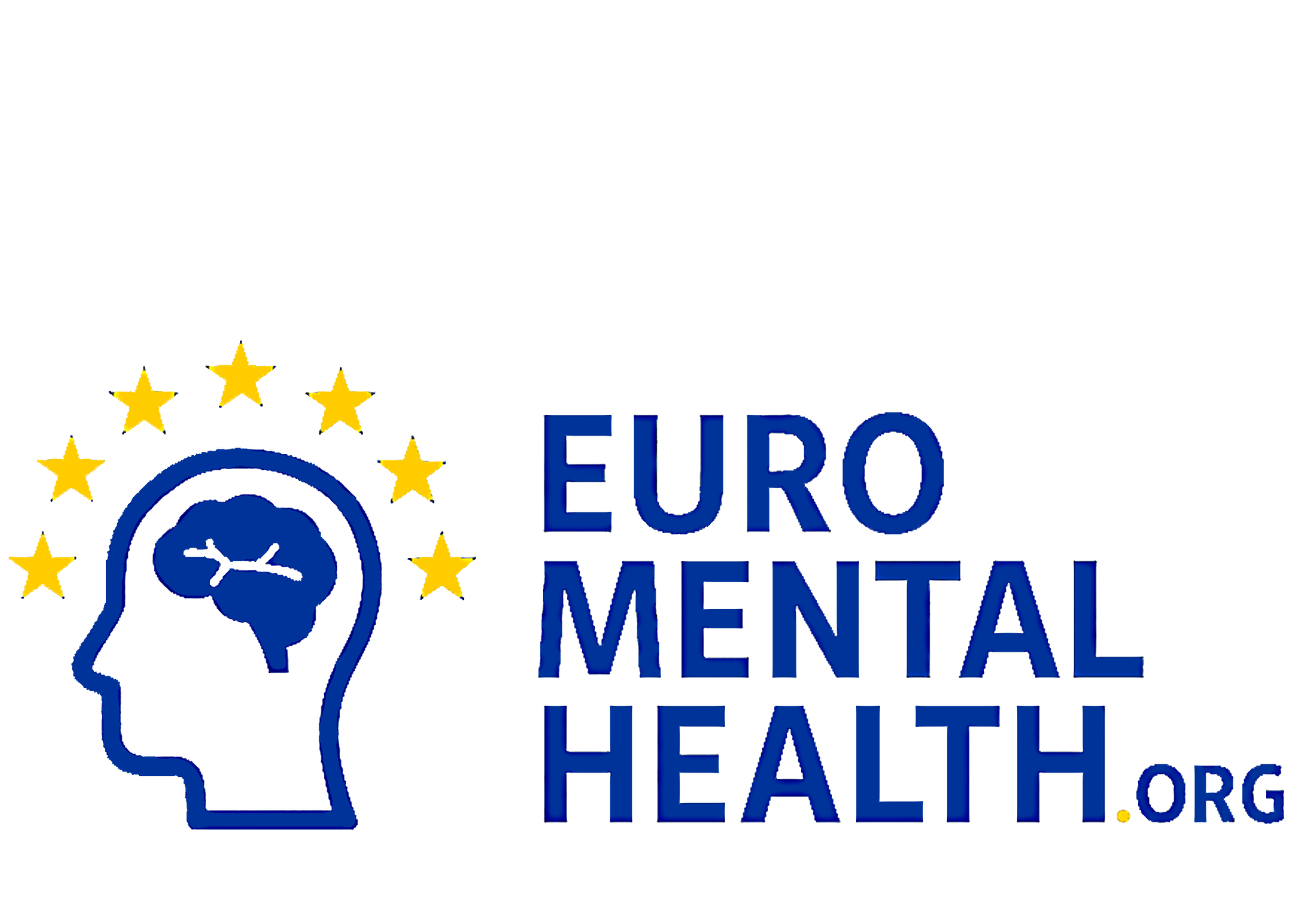The Whimsical World of Quantum Brain Dynamics: How Your Thoughts Might Be Tapping Into Other Dimensions
Have you ever wondered if your brain is more than just a complex biological organ? What if it's a gateway to other dimensions, a receiver of cosmic signals, or even a time machine? Today, we'll dive into the fascinating and somewhat whimsical world of Quantum Brain Dynamics. Buckle up as we explore how your gray matter might be engaging with the universe in ways science is just beginning to unravel.
To the uninitiated, the brain operates like a highly efficient computer, processing inputs and generating outputs. But beneath this straightforward functionality lies a quantum mystery. Quantum Brain Dynamics (QBD) is a theoretical framework suggesting that at a subatomic level, our brain's neurons might interact through quantum mechanics rather than classical physics. This theory gives a whole new meaning to "thinking outside the box" — perhaps outside the constraints of our known universe!
Imagine if every time you remembered a childhood picnic or pondered the taste of marshmallows, your neurons weren't just firing; they were entangling. Quantum entanglement, a phenomenon where particles become interconnected and instantly affect each other no matter the distance, could be playing a role in how memories are formed and recalled. Could déjà vu be explained by neurons that managed to entangle with their quantum twins in parallel universes? It's a stretch, but a delightful one to consider!
Some researchers fantasize that human consciousness itself might function like a quantum computer. Traditional computers use binary bits (0s and 1s) to process information, while quantum computers use qubits, which can be both 0 and 1 simultaneously thanks to a principle called superposition. Applying this to the brain, our thoughts might simultaneously explore multiple outcomes, helping us make decisions before our conscious mind even knows it! This could explain those moments when the solution to a problem randomly "pops" into your head.
Now let's get vibrational. The theory goes that quantum vibrations in the microtubules of brain cells are responsible for the human consciousness. Extending this idea, could our moods and feelings be influenced by cosmic vibrations that affect these microtubules? When you're feeling "vibes" from a person or a place, perhaps your brain is literally resonating with quantum vibrations emanating from those sources.
Here's where it gets really wild. If quantum mechanics are at play in our brains, could we experience time non-linearly? Maybe when we have those intense dreams where we're both participants and observers, our brain is actually exploring different time dimensions. Next time you dream about riding a dinosaur, consider that your mind might be on a temporal adventure.
Incorporating these fantastical ideas into daily life might sound impossible, but why not embrace a little quantum thinking? Next time you lose your keys, instead of panicking, take a moment to think quantumly — perhaps your keys are entangled with another set in another universe, and they're just where you left them... in another dimension.
While Quantum Brain Dynamics remains a largely speculative and humorous area of science, it invites us to imagine the possibilities of what our brains might be capable of beyond the mundane. Whether it's entangled neurons, mood vibrations, or even time travel, the quantum brain challenges us to think bigger and weirder.
Remember, this exploration of quantum brain theories is meant to entertain and inspire curiosity. So next time you find yourself pondering the mysteries of the cosmos, just think — your brain might already be a step ahead of you, dancing through dimensions of quantum weirdness.
